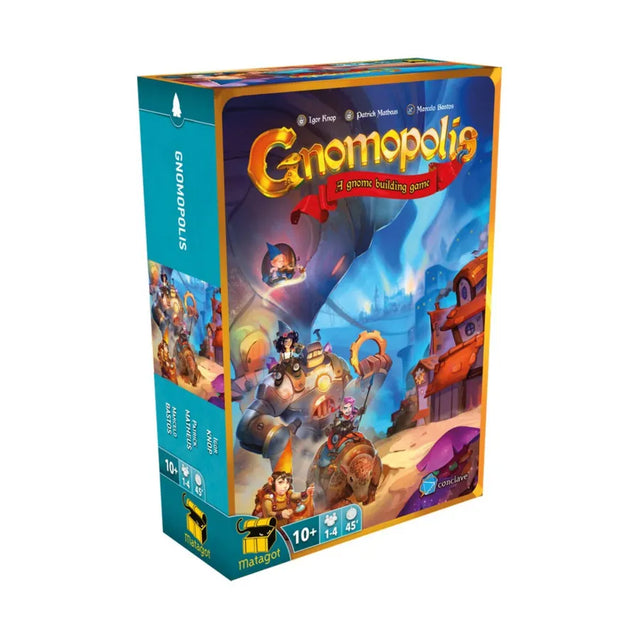Introduction to Mythology-Themed Board Games
When engaging with mythology-themed board games, players enter a domain where ancient stories and deities shape the fabric of gameplay. The experience blends strategic decision-making with the exploration of rich cultural narratives. These games often employ mechanics that parallel the epic challenges found within myths, allowing players to enact stories of power struggles, divine interventions, and heroic endeavors.
Gameplay Mechanics
In such games, mechanics like area control simulate the expansive reach of deified beings and their quest for dominion, resource management reflects the need to allocate the treasures and bounties of the mythological world wisely. The games usually invite players to assume the roles of characters from legends, each with unique abilities that offer strategic advantages and add depth to the gameplay.
Visuals and Storytelling
The visual aspects contribute substantially to the immersive experience, with the game's components bearing symbols and imagery that evoke the grandeur of ancient civilizations. Amidst this backdrop, players are often tasked to build, conquer, explore, and accrue wisdom or favor from the gods, mirroring the quintessential journeys and trials of mythological heroes.
Interaction and Strategy
Player interaction is a central feature, as allies may be forged in the shadow of Mount Olympus or the halls of Valhalla, betrayal may be as swift as the strike of Loki's cunning. The game plotline adapts fluidly to the players’ choices, resulting in a bespoke narrative that can recall the variegated context of its mythological roots.
Cultural Context
One must not overlook the cultural context from which these games emerge, as the portrayal of deities and mythical events are often influenced by the historical tellings and academic interpretations of ancient mythologies. This grounding in authentic cultural lore provides an additional layer for players to discover and appreciate while playing the game.
Divine Aspects and Game Dynamics
The incorporation of divine elements such as godly powers can introduce unpredictable dynamics, occasionally shifting the momentum of the game. This mirrors the erratic nature of the gods within myths, where fortunes can turn on a whim—a factor that players must tactically account for to achieve victory.
Conclusion
Ultimately, mythology-themed board games offer a dynamic tableau that invites players to interact with the legends of yore, articulate strategies worthy of the sages, and leave their mark upon the echoes of ancient tales. The interplay of mythological motifs with game mechanics provides a challenging and enriching play experience wrapped in the grandeur of the bygone era.
Jeux à thématique Mature / Adult et Mythology
Jeux illustrés par Andrzej Półtoranos à thématique Mythology
Jeux à thématique Fantasy et Mythology
Strategy Game à thématique Mythology
Jeux utilisants Dice Worker à thématique Mythology
Jeux conçus par Simone Luciani à thématique Mythology


Jeux publiés par Portal Games à thématique Mythology
Jeux utilisants Player Elimination à thématique Mythology
Jeux publiés par Awaken Realms à thématique Mythology
Jeux à thématique Deserts et Mythology
Jeux publiés par Iello à thématique Mythology
Jeux illustrés par Gabi Naftaly à thématique Mythology

Sirens
Jeux publiés par Gigamic à thématique Mythology
Jeux publiés par Korea Boardgames à thématique Mythology


Jeux utilisants Area Movement à thématique Mythology
Jeux utilisants Betting à thématique Mythology
Jeux publiés par Funforge à thématique Mythology
Jeux à thématique Ancient Civilization et Mythology


Jeux illustrés par Marco Pantaleoni à thématique Mythology

Pyramidice
Jeux illustrés par Dayo Baiyegunhi à thématique Mythology

Anansi
Jeux illustrés par Cristi Balanescu à thématique Mythology


























































































